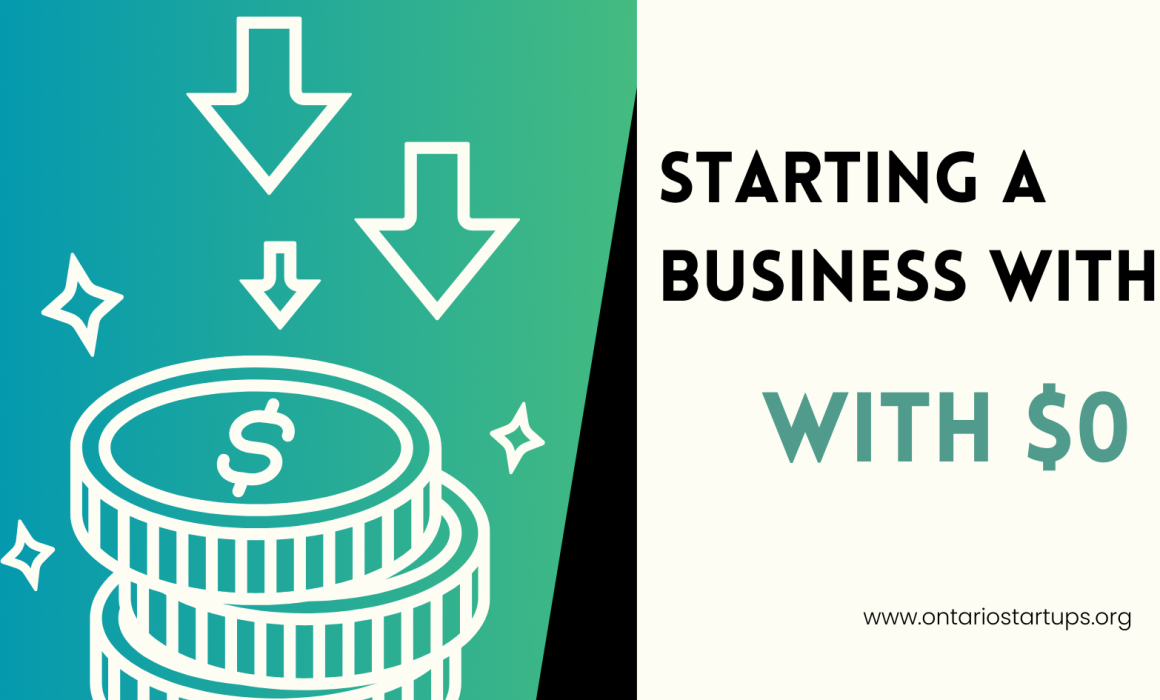In 2024, Ontario presents a rich tapestry of funding opportunities for artists across a wide array of disciplines. These funding programs, primarily in the form of grants, are complemented by various tax credits, offering substantial financial support to assist artists in achieving their creative goals and dreams. The range of available programs ensures that regardless of an artist’s discipline, from digital gaming to music to literature, there are relevant funding avenues to explore.
Detailed Overview of Ontario-Based Funding Programs for Artists in 2024
- Ontario Creates – Film Fund – Development Stream: This initiative supports the various stages of film production in Ontario, providing crucial assistance to producers.
- Ontario Creates – Film Fund – Marketing and Distribution Initiative (MDI): Aimed at Ontario Creates Film Fund producers, this initiative assists in the marketing and distribution of film projects.
- Ontario Creates – Trillium Book Award: An award established by the Ontario government to spotlight the diversity and excellence of writing in Ontario.
- Toronto Arts Council (TAC) – Animating Historic Sites: Offers funding for artists to animate or reimagine selected historic sites within Toronto, fostering a connection between art and heritage.
- Toronto Arts Council (TAC) – Artists In The Library: Grants are provided for artist residencies in selected branches of the Toronto Public Library, promoting community engagement through the arts.
- Toronto Arts Council (TAC) – Community Arts Annual Operating: Supports ongoing arts initiatives by non-profit organizations within Toronto’s diverse communities.
- Toronto Arts Council (TAC) – Dance Projects: Funds dance productions, creations, and projects, nurturing the development of professional dance in Toronto.
- Toronto Arts Council (TAC) – Indigenous Arts Projects: An annual, multi-disciplinary project grant program for Indigenous artists and collectives, aiming to increase Indigenous art creation and presentation in Toronto.
- Toronto Arts Council (TAC) – Literary Arts Projects: Supports literary projects, including the production, presentation, and related activities, enhancing Toronto’s literary arts scene.
- Toronto Arts Council (TAC) – Newcomer and Refugee Arts Engagement: Backs projects that engage newcomers and refugees in the arts, fostering inclusion and integration.
- Toronto Arts Council (TAC) – Open Door: A grant program for innovative projects that show potential for change in the arts sector.
- Toronto Arts Council (TAC) – Theatre Projects: Offers funding for the creation and presentation of professional theatre projects in Toronto.
- Toronto Arts Council (TAC) – Visual and Media Arts Projects: Provides funding for projects involving the distribution or exhibition of contemporary media and visual arts in Toronto.
- Ontario Arts Council: Hosts a wide variety of grant programs for different artistic disciplines, supporting both individuals and organizations.
Ontario Artist Tax Credits in 2024
- Ontario Creates Ontario Book Publishing Tax Credit: A refundable tax credit for eligible expenses by Ontario book publishing companies, promoting literary works.
- Ontario Film & Television Tax Credit: Offers refundable credits based on labor expenses for film and television production companies operating in Ontario.
- Ontario Production Services Tax Credit: A refundable credit for production expenses incurred by qualifying corporations for eligible film or television productions in Ontario.
- Ontario Computer Animation & Special Effects Tax Credit: Provides an 18% refundable tax credit for qualified labor expenses related to computer animation and special effects activities in the province.
- Ontario Interactive Digital Media Tax Credit: A straightforward tax credit for Ontario-based corporations creating interactive digital products, covering 40% of eligible expenses.
In 2024, Ontario’s funding landscape for artists is both diverse and robust, covering an extensive range of artistic disciplines and endeavors. From film and literature to dance and digital arts, these programs and tax incentives provide vital support to artists and organizations at various stages of their creative journeys. Artists in Ontario are encouraged to delve into these opportunities to secure the support that aligns with their creative projects and professional aspirations, thereby enhancing the vibrancy and diversity of the province’s artistic landscape.









